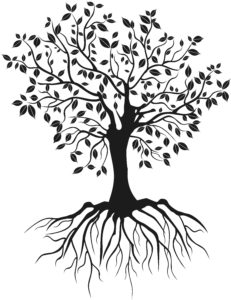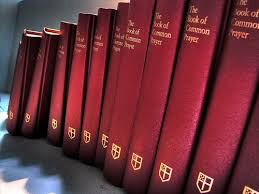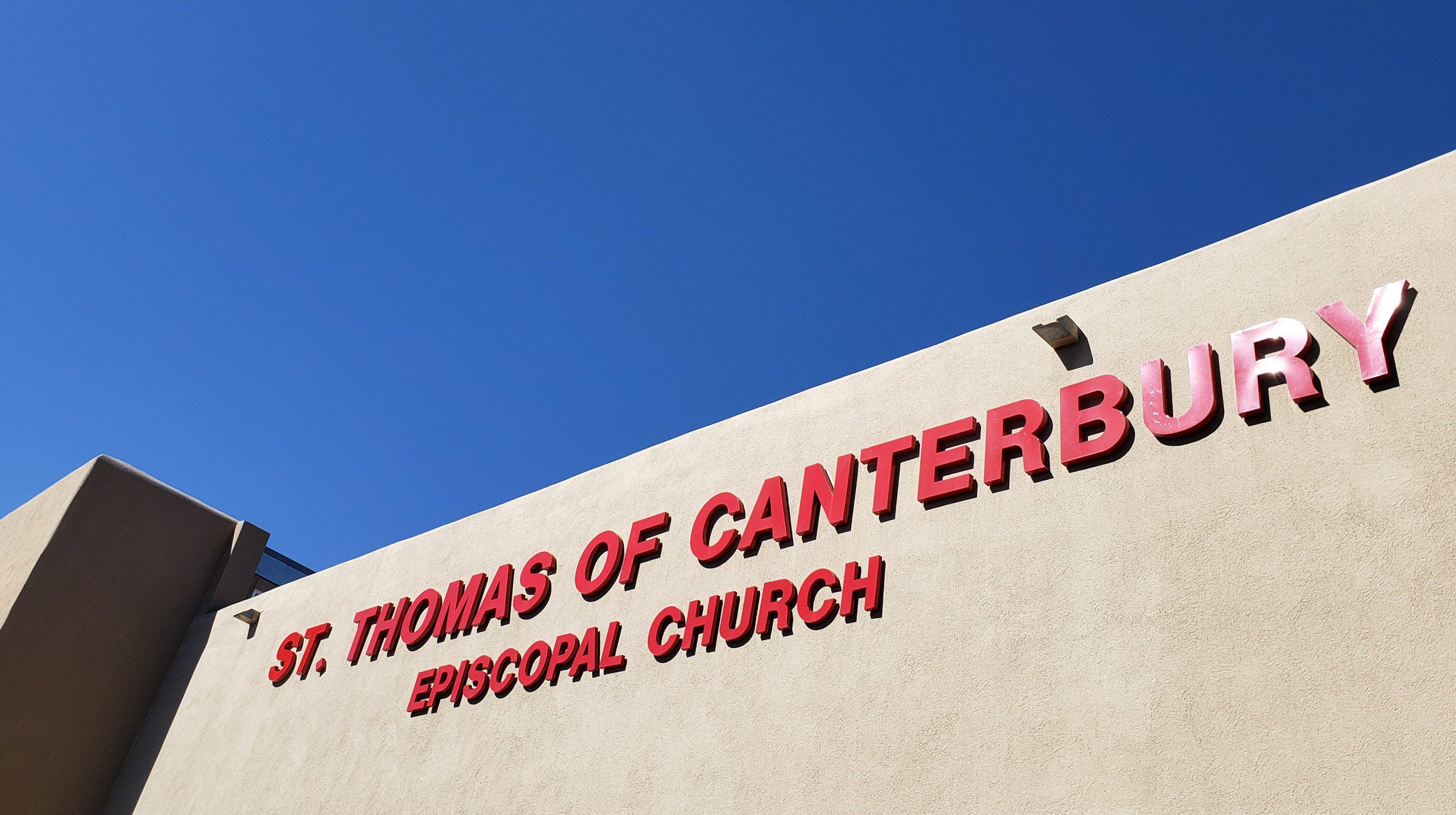Stewardship

“The earth is the Lord’s and all that is in it, the world and those who live in it.”
Psalm 24:1
Stewardship Starting Points
Have you ever stopped to consider where stewardship begins in your life? The right starting point can mean the difference to get us where we want to go as individuals and as communities of faith.
Stewardship as Investment
Give and God will bless you expresses the idea of stewardship as an investment. If your motivation is we give to get, where does that take us? If our starting point for stewardship is give and be blessed, what happens to stewardship when the we encounter pain, suffering, or deprivation? Do we stop giving until we perceive our life has improved to our standards? Or, does guilt induce more giving, so as to force God’s hand? This is counter to deep roots in our relationship with God.
Stewardship as Crisis Management
How often has a stewardship campaign been built on a crisis – the church needs a new roof, the furnace needs repairs, etc.? The appeal of a crisis is two-fold: the crisis is often necessary and people tend to respond to immediate needs.
But ask yourself, what happens to giving when the crisis is met? If crisis management is the basis of Christian stewardship, does that mean the church must go through a yearly process of finding something new to push the panic button?
Stewardship as Obligation
This starting point is often used: It’s your duty. This mindset assumes stewardship is one’s obligation to help shoulder the load. Yet, the motive of duty does not provide an adequate starting point for Christian stewardship.
While there are many biblical texts which define duties in explicit terms, Paul reminds us that the reign of law is succeeded by the sovereignty of grace. Imposed obligation does not benefit the giver and is devoid of grace. The coming of grace in Jesus Christ broadens our responsibilities – they are responsibilities received by invitation rather than by imposition. Motive of duty proves insufficient in Christian stewardship.
Stewardship as Selfless Thanksgiving
First, consider the opening verse of Psalm 24: “The earth is the Lord’s and all that is in it, the world and those who live in it.” All faithful stewardship begins in that affirmation. All that we have, all that we are, all that is – all belongs to God and whatever comes into our hands does so as a trust from God.
Second, consider as a starting point John 3:16: “For God so loved the world that he gave his only Son, so that everyone who believes in him may not perish but may have eternal life.” All creation is not only God-given, it is God-loved – a love made clear in God’s own selfless act of giving.
Christian stewardship imitates God’s example of giving. Stewardship is our love taking form through the giving of ourselves, just as God’s love took form. Nothing more, nothing less. These two verses give us a starting point for stewardship – stewardship is an act of selfless thanksgiving. It celebrates and responds to God’s favor so freely given, recognizes giving as a steady act of faith no matter the circumstances, and is beyond mere duty but moves us to giving as an act of love. The gift of Jesus did not originate in an act of God’s duty but through incarnation that embodied God’s love.
Faithful stewardship is more than what you do with 5, 10, or 20 percent of your possessions, time, or skill. It encompasses the whole of your life, spiritually and materially. To confess that God manifested love for the world in the gift of Christ calls forth sacrificial giving. What I do with those things that matter most to me is how I strive to imitate God’s giving. Blessings wax and wane according to our human perception, crises rise and fall based on circumstances, and duties come and go depending on capabilities and positions; but God’s sovereignty and love are eternal. When we embrace God’s sovereignty and love as stewardship’s starting point, we will always have a reason to offer thanksgiving, a foundation for our faith and a motivation to love.
Adapted from Stewardship 101: An invitation to Financial Stewardship
From the Center for Stewardship Leaders / Luther Seminary


